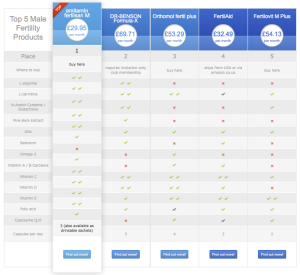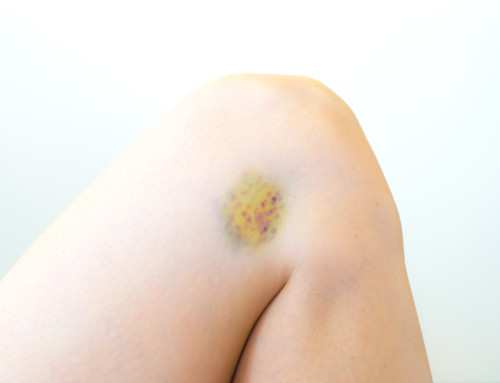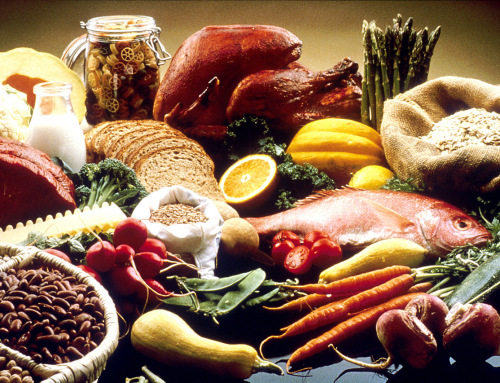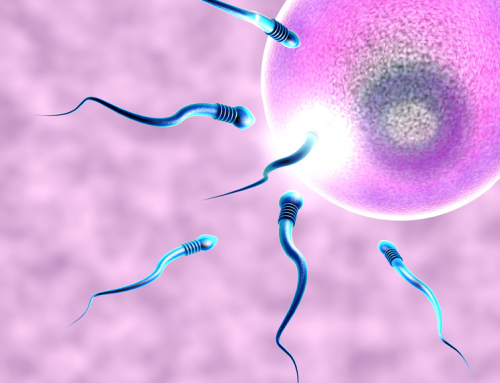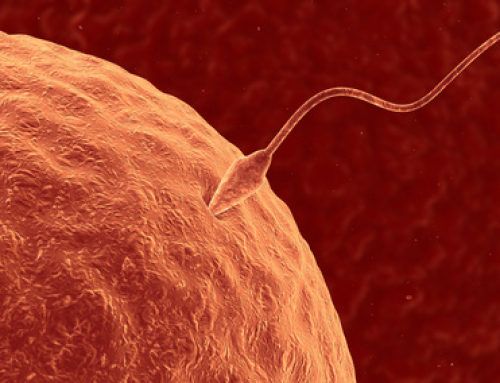[tube]rTnViNgJEzU#t=32[/tube]
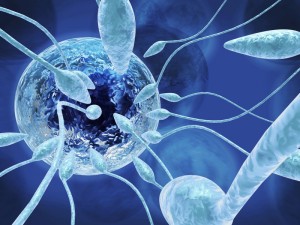 L-cysteine is one of the four common sulphur-containing amino acids. Only l-methionine and l-cysteine are protein building amino acids supplying sulphur. L-cysteine plays a critical role in protein-folding pathways and protein structure. This amino acid can also be converted into other important compounds such as taurine and glutathione.
L-cysteine is one of the four common sulphur-containing amino acids. Only l-methionine and l-cysteine are protein building amino acids supplying sulphur. L-cysteine plays a critical role in protein-folding pathways and protein structure. This amino acid can also be converted into other important compounds such as taurine and glutathione.
Although produced endogenously, infertile men may benefit from increasing their intake of l-cysteine. This amino acid can elevate cellular metabolism and assist in the healthy production of sperm.
Since l-cysteine is the precursor to glutathione, this compound has a vital role in protecting sperm and preventing DNA damage. Glutathione is an important detoxifier and free radical scavenger that can elevate sperm production and improve semen quality.
Other than eating l-cysteine-rich foods, one of the best ways to increase the concentrations of this important compound is through supplementation with N-acetylcysteine (NAC). A modified amino acid based on l-cysteine, this compound has direct antioxidant effects.
It also increases natural antioxidant systems within the body. The ability of NAC to reverse oxidative toxicity makes it beneficial for improving semen quality. Consequently, supplementation with NAC is often recommended as part of a natural treatment for male infertility.
Increasing semen parameters
Supplementation with l-cysteine in the form of NAC has been shown to lower the concentration of damaging reactive oxygen species within semen, increasing motility. In a study by Ciftci and colleagues the effects of NCA supplementation were assessed on 120 men diagnosed with idiopathic infertility1.
Sixty men were given 600 mg/day orally of NAC for three months, while another 60 men received a placebo. Men who received NAC showed significant improvements in semen volume, viscosity, and sperm motility.
The total antioxidant capacity also improved and a reduction in destructive reactive oxygen species declined. The ability of NAC supplementation to improve sperm count and motility increases the potential for fertilisation. Enhancing semen viscosity is also important because this makes it easier for the sperm to propel forward towards the egg.
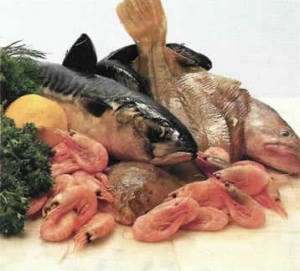
selenium-rich foods to complement L-cysteine
Other studies have shown that NAC together with the trace element selenium is beneficial for male reproductive health. Safarinejad and Safarinejad explored the effects of selenium and NAC on 468 infertile men diagnosed with idiopathic oligo-asthenoteratospermia2.
Subjects were randomly assigned to either a placebo, 200 microg selenium orally daily, 600 mg N-acetyl-cysteine orally daily, or 600 mg N-acetyl-cysteine plus 200 microg selenium daily over a period 26 weeks. All semen parameters were significantly enhanced following the combination therapy.
Sperm concentration increases, sperm motility improved, and the percentage of sperm with normal morphology also increased.
Treating Inflammation
In addition to the direct effects l-cysteine has on improving semen parameters to enhance fertility, this amino acid can help to fight inflammation of reproductive tissues and/or organs. If the prostate or seminal vesicles are suffering from inflammation, fertility levels decline. The anti-oxidant effects of NAC and associated glutathione can help to alleviate inflammation, improving fertility.
L-cysteine sources
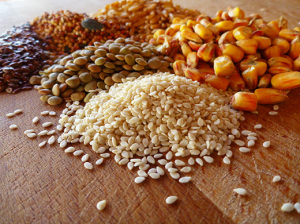 A good form of l-cysteine to take as a dietary supplement is N-acetyl-Cysteine (NAC). This compound has been proven to be more efficient at raising glutathione levels compared with taking supplements of l-cysteine, or glutathione itself.
A good form of l-cysteine to take as a dietary supplement is N-acetyl-Cysteine (NAC). This compound has been proven to be more efficient at raising glutathione levels compared with taking supplements of l-cysteine, or glutathione itself.
Specifically for male fertility, it is most efficient and affordable to take a combination supplement with several proven male fertility micro-nutrients. These will positively affect sperm count, motility and morphology simultaneously.
Good natural food sources of l-cysteine include poultry, soy, eggs and grains. Although the body can produce its own l-cysteine, there are times when it becomes a conditionally-essential amino acid. Thus, it’s important to include l-cystine rich foods within diet, or take a quality supplement containing NAC.
Referenced sources
- “Ciftci H, et. al. (2009). Effects of N-acetylcysteine on semen parameters and oxidative/antioxidant status. Urology. Volume 74, Issue, (pp. 173-6).” ↩
- ‘Safarinejad, M and Safarinejad, S. (2009). Efficacy of selenium and/or N-acetyl-cysteine for improving semen parameters in infertile men: a double-blind, placebo controlled, randomized study. The Journal of Urology. Volume 18, Issue 2, (pp. 741-51).” ↩

